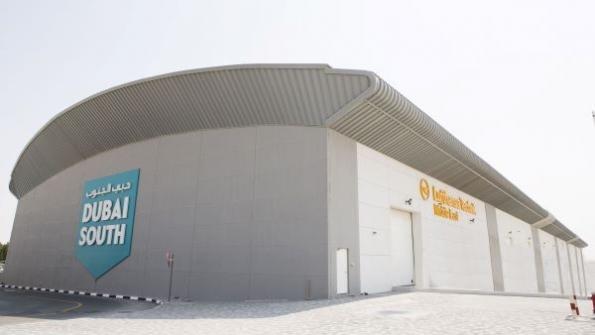
DUBAI—There are optimistic signs emerging from MROs in the Middle East, but it could be a region that doesn’t fully recover for another year or two.
“I think we’re definitely coming out of this step by step and it’s improving,” says Ziad Al Hazmi, Lufthansa Technik Middle East CEO. He sees MRO demand picking up month by month and says his business now is about 50% of what it was in 2019.
This aligns to Oliver Wyman’s Middle East commercial MRO forecast, which shows the region’s MRO segment demand to be $6.2 billion versus $9 billion in 2019.
Al Hazmi thinks this summer should be a good indicator of the next steps as more people get vaccinated, restrictions are relaxed and people fly to holidays in July and August. “I think we’ll be in a much better situation in a couple of months,” says Al Hazmi.
Whether the Middle East MRO market returns to pre-pandemic levels in late 2023 or 2024, “we have 1.5-2 years of exponential growth, which is doubling where we are today,” says Al Hazmi.
During the pandemic, Lufthansa Technik Middle East—which specializes in component repair, including nacelles and composites structures—reorganized and restructured its business to adapt to the new environment. It was basically doubling its capacity each year since its launch in 2017, so Al Hazmi says early in the pandemic the company slowed its planned expansion. It froze hiring, gave up some warehouse space at its Dubai South location and didn’t expand to other warehouse space that it had intended to occupy. It also renegotiated with suppliers to align with the resized business. “We restructured ourselves to the lower growth rate,” he says.
Nevertheless, Lufthansa Technik Middle East still is growing, but at a lower production rate. He says it plans to increase its capacity 30% next year, opposed to the doubling rate.
It is exploring partnerships as a way to grow. Last year it stepped into a new market by signing a cooperation agreement with GMR Aero Technic in India, and Al Hazmi is interested in forging others as a way to efficiently expand.
One efficiency will come by rail—not air. Al Hazmi points out that one stop on the Etihad Rail line will be Dubai South, which will help LHT Middle East decrease shipping costs on the bulkier items that it repairs, such as nacelles. The rail network is being extended across the United Arab Emirates to the border of Saudi Arabia, which will make the connection between logistics hubs stronger and more interlinked.





